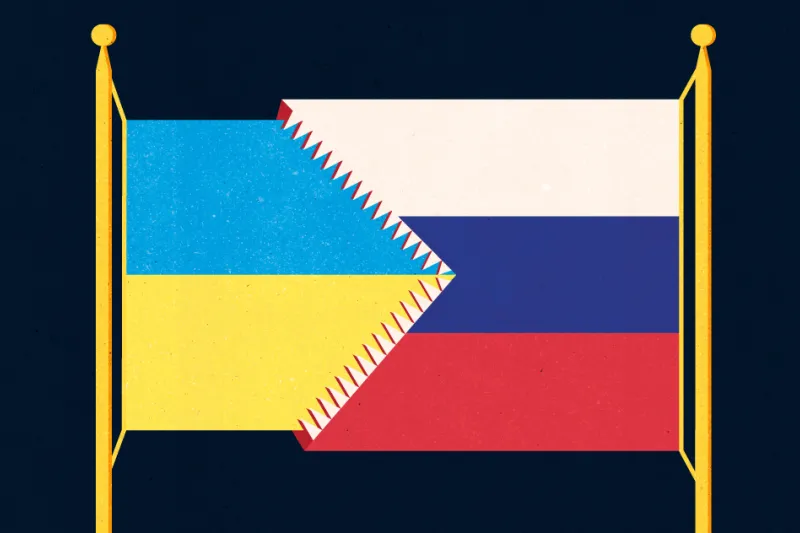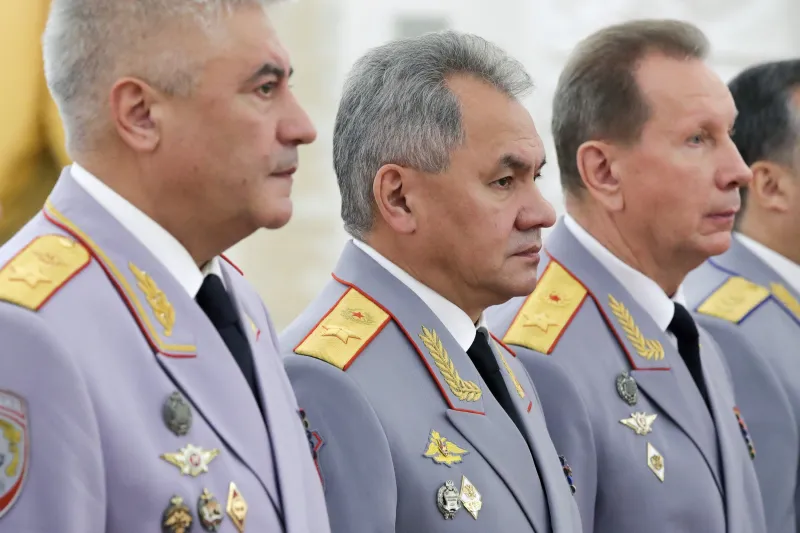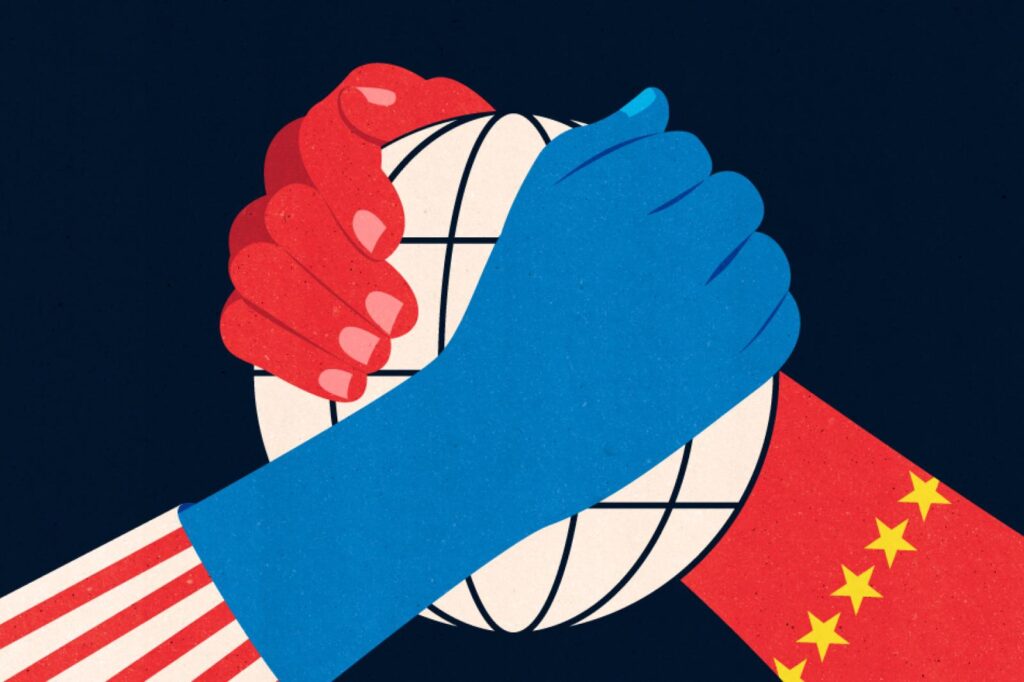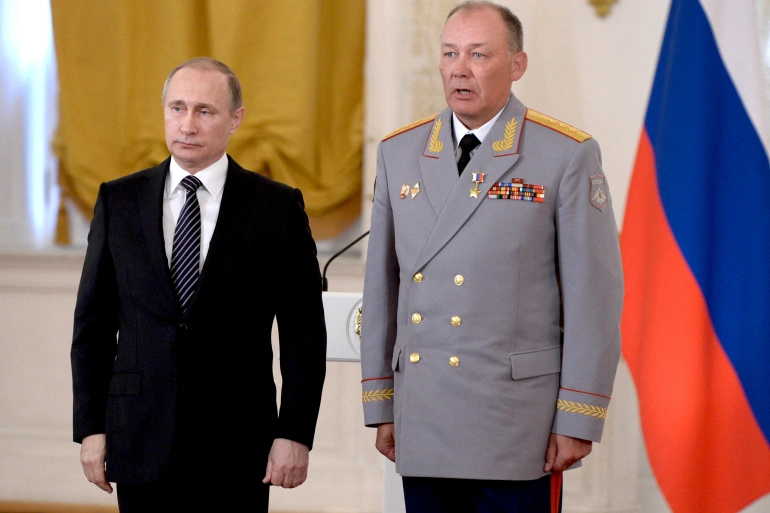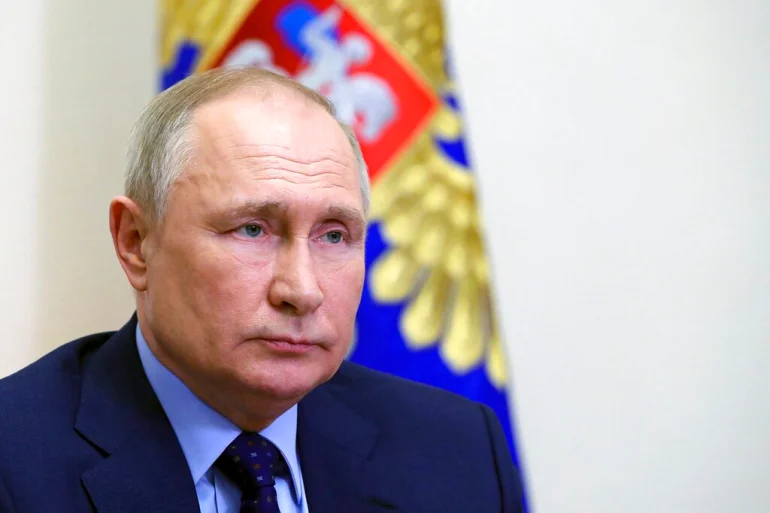Russian Mercenaries in Great-Power Competition: Strategic Supermen or Weak Link?
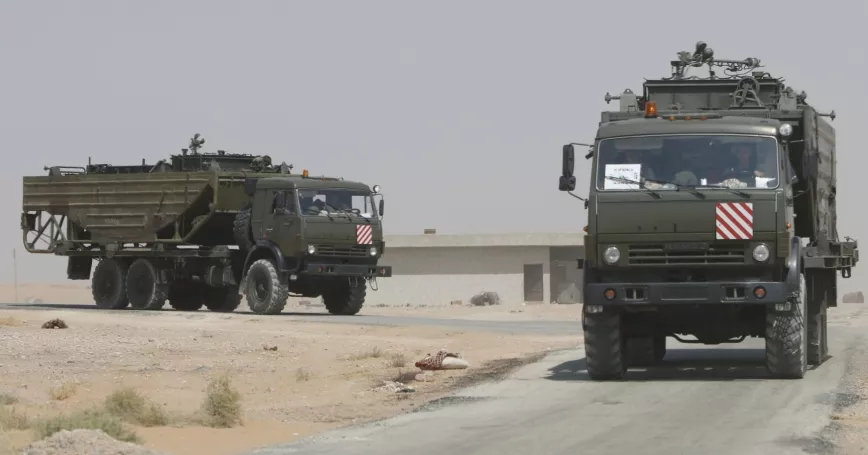
Along with China, Iran, and North Korea, Russia is one of a handful of strategic competitors posing a substantial threat to U.S. strategic interests.
Russia has now interfered to some extent in at least three democratic elections in the United States. Russian hackers are probably responsible for the recent SolarWinds attack on U.S. government agency networks. Russia has been aggressively undermining U.S. interests in proxy wars in Syria, Libya, and across the African continent, and it is backing the Taliban against the United States in Afghanistan.

